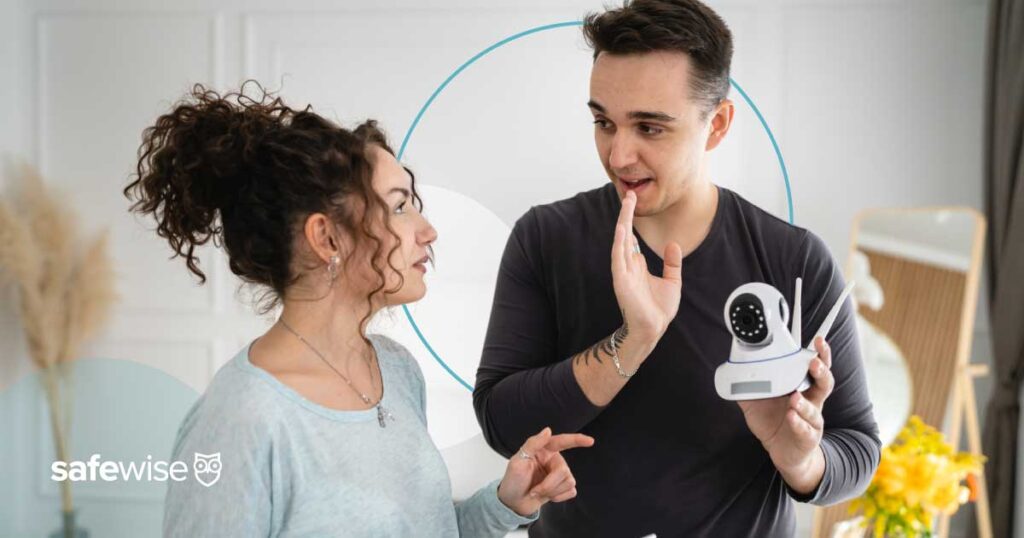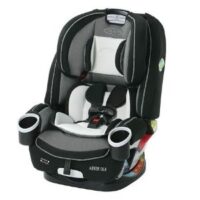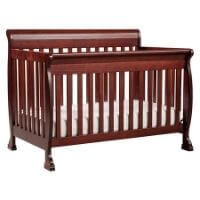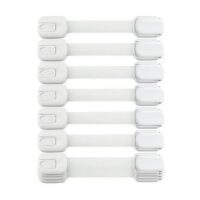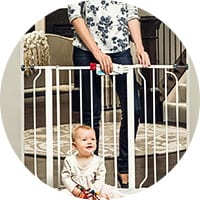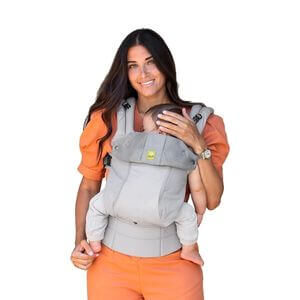Studies are being conducted right now to determine whether asbestos-free talcum powder (an agent found in some baby powders) is dangerous. While some studies have found increased rates of lung cancer (when the powder is inhaled) and ovarian cancer (when the powder is applied to the skin), the American Cancer Society hasn’t confirmed or denied these findings.1 To the world’s leading cancer scientists and doctors, cosmetic talcum powder is still innocent until proven guilty.
Is Baby Powder Safe?
SafeWise experts have years of firsthand experience testing the products we recommend. Learn how we test and review.
In a recent update, the CPSC has taken decisive action to protect infant sleep, enforcing a ban on crib bumpers and inclined sleepers. Find out how these new regulations under the Safe Sleep for Babies Act prioritize infant safety in our latest article.
By signing up, you agree to our Terms and Conditions and Privacy Policy.
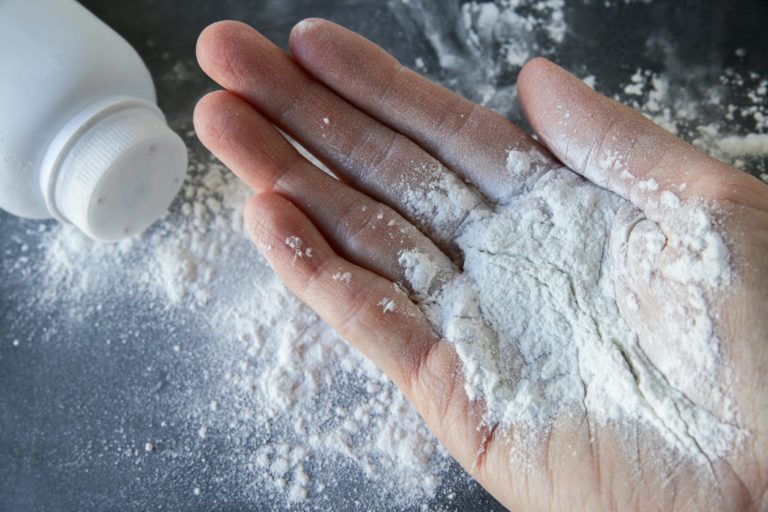
What’s in baby powder?
Baby powder is typically made of talcum powder, cornstarch, or a mix of the two. Baby powder and talcum powder have been used for years to reduce diaper rash, greasy hair, and rubbing and chafing. While powders that contain cornstarch are harmless, the safety of baby powders that contain talc is still up for debate.
What is talc?
Talcum powder, or talc, is made of magnesium, silicon, and oxygen. Some unprocessed talc has traces of asbestos—a known carcinogen—in it. The cosmetic industry is aware of the dangers of asbestos and only uses asbestos-free talc. However, the American Cancer Society reports that we’re still unclear if asbestos-free talc causes cancer too.
Can you get cancer from baby powder?
The jury is still out on whether asbestos-free baby powder (cosmetic talc) increases rates of lung cancer.
Likewise, it’s inconclusive at this time whether women who frequently use baby powder below the belt have higher chances of developing ovarian cancer.
A branch of the World Health Organization (WHO), the International Agency for Research on Cancer (IARC), has been studying this subject. So far, the IARC has only concluded that talc with asbestos poses a cancer risk; the jury is still out on asbestos-free talc.
Should you use baby powder?
If it’s made of cornstarch and talc-free substances, like (Burt's Bees Dusting Powder) go for it! Organic would be best since that won’t contain GMOs and other chemicals that corn may have been exposed to while growing.
Ultimately, it’s completely up to you whether you’d like to use baby powder or not. We recommend that you and your baby avoiding inhaling it since fine powder causes lung irritation no matter what.
Alternatives to baby powder
If you don’t want to take any chances, make your own baby powder substitute at home by using another absorbent substance like arrowroot powder or oat flour.
Baby powder isn’t the only potential hazard in your home. To keep your young children safe and sound, check out our top products for baby proofing your home.
Compare the best baby safety products
Amazon.com price as of post date. Offers and availability may vary by location and are subject to change. Read full disclaimer.
*Amazon.com price as of 4/8/2021 at 9:10 a.m. (MT). Product prices and availability are accurate as of the date/time indicated and are subject to change. Any price and availability information displayed on Amazon at the time of purchase will apply to the purchase of this product. Safewise.com utilizes paid Amazon links.
Recent Articles

